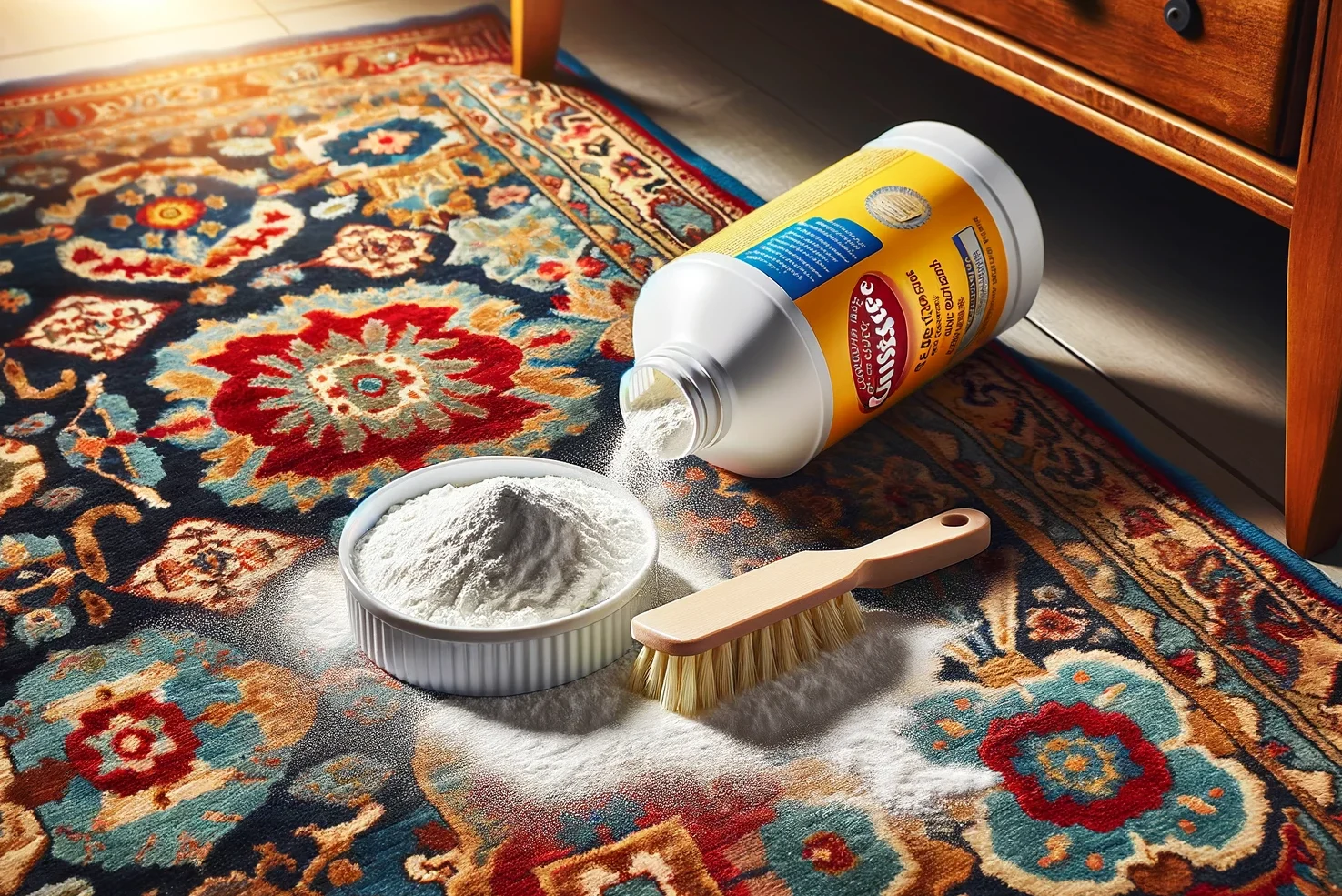Essential Steps for Successful Carpet Fitting
Carpet fitting is a crucial aspect of home improvement, ensuring your flooring looks great and serves its purpose effectively.
Find below the essential steps for successful carpet fitting, covering tools, costs, and tips for stairs.
Tools You Need for Carpet Fitting
To achieve a professional-looking carpet installation, you'll require the right tools. Here's a breakdown of the essential tools for carpet fitting:
- Carpet knife: Used for precise cutting of carpet material.
- Tape measure: Essential for measuring and marking the carpet.
- Knee kicker: Helps to stretch and position the carpet.
- Power stretcher: Ensures the carpet is stretched tight across the floor.
- Seaming iron: Used for joining seams in wall-to-wall carpeting.
- Seam roller: Ensures seams are flat and secure.
- Carpet tucker: Helps to tuck carpet edges neatly.
- Stair tool: Necessary for fitting carpet on stairs.
These tools enable you to cut and shape the carpet accurately, ensuring it fits snugly in your space.
Calculating Carpet Fitting Costs
Understanding the costs associated with carpet fitting is essential for budgeting your project effectively. The overall cost of carpet fitting can vary depending on various factors such as the type of carpet, the size of the area, and whether you hire a professional installer.
On average, carpet fitting costs typically range from £2 to £5 per square meter for DIY projects. However, professional installation may cost between £5 and £10 per square meter. It's essential to consider your budget and the specific requirements of your project when estimating costs.
Carpet Fitting Tips for Stairs
Fitting carpet on stairs requires additional care and attention to detail. Here are some valuable tips to ensure a successful stair carpet installation:
- Use a knee kicker and stair tool: These tools are essential for achieving precise fitting on stairs.
- Secure the carpet firmly: To prevent slipping or shifting, ensure the carpet is securely attached to the stairs.
- Trim the carpet accurately: Trim the carpet to fit the dimensions of each stair accurately.
- Consider using a non-slip carpet pad: Adding a non-slip pad can enhance safety on the stairs.
By following these tips and techniques, you can achieve a professional-looking carpet fitting, even on stairs.
Choosing the Right Carpet Underlay
The right underlay can significantly impact the comfort, longevity, and insulation of your carpet. In this section, we'll explore the importance of carpet underlay and provide guidance on how to choose the best one for your needs.
Why Carpet Underlay Matters
Carpet underlay serves several crucial purposes that contribute to the overall performance of your carpet:
- Comfort: A quality underlay provides cushioning underfoot, making your carpet feel softer and more comfortable.
- Insulation: It improves insulation, helping to maintain a consistent temperature in your home and reducing energy bills.
- Durability: Underlay can extend the lifespan of your carpet by absorbing the impact of foot traffic.
- Noise Reduction: It reduces noise transmission between floors, creating a quieter living environment.
How to choose the Right Carpet Underlay
When selecting carpet underlay, it's essential to consider factors such as material, thickness, and density. Here are some common types of carpet underlay:
- Foam: Offers good comfort and insulation.
- Rubber: Provides excellent durability and insulation.
- Felt: Known for its superior comfort and noise reduction properties.
The choice of underlay type depends on your specific needs and preferences. Thicker underlay with higher density generally offers better insulation and durability.
Additionally, ensure the underlay is suitable for your specific carpet type, whether it's Berber, plush, or shag. Always follow the manufacturer's recommendations for the best results.
Joe Rugs - Carpet Expert
Hello! I'm Joseph Rugs, the founder of CarpetJoe.com and your guide through the intricate world of carpets. Born and raised in London with a deep-rooted passion for art and culture, I've explored the globe to bring the rich tapestry of carpet weaving right to your screen. My academic background in arts and humanities from Oxford has fueled my curiosity, leading me to uncover the stories behind every knot and weave. As a family man, my adventures are shared with my loved ones, enriching our lives with every piece of art we encounter. Join me as we explore the beauty and craftsmanship of carpets together.
Explore Carpet Cleaning Methods
Advanced carpet maintenance goes beyond regular cleaning and involves strategies that ensure the longevity and durability of your carpets. Using steam cleaners for carpets is a highly effective method for deep cleaning and sanitizing. This section provides in-depth information on how to use these tools effectively, along with tips and tricks for keeping your carpets looking and feeling new.

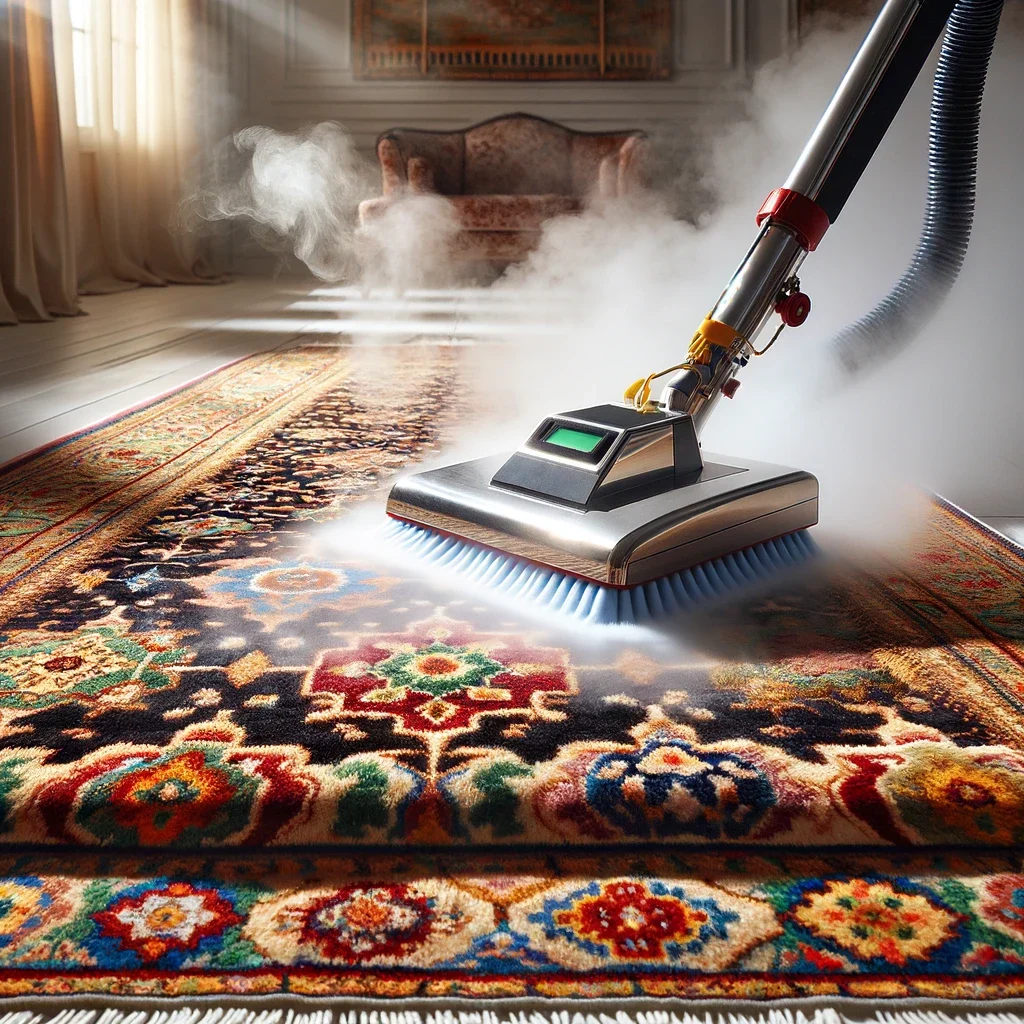
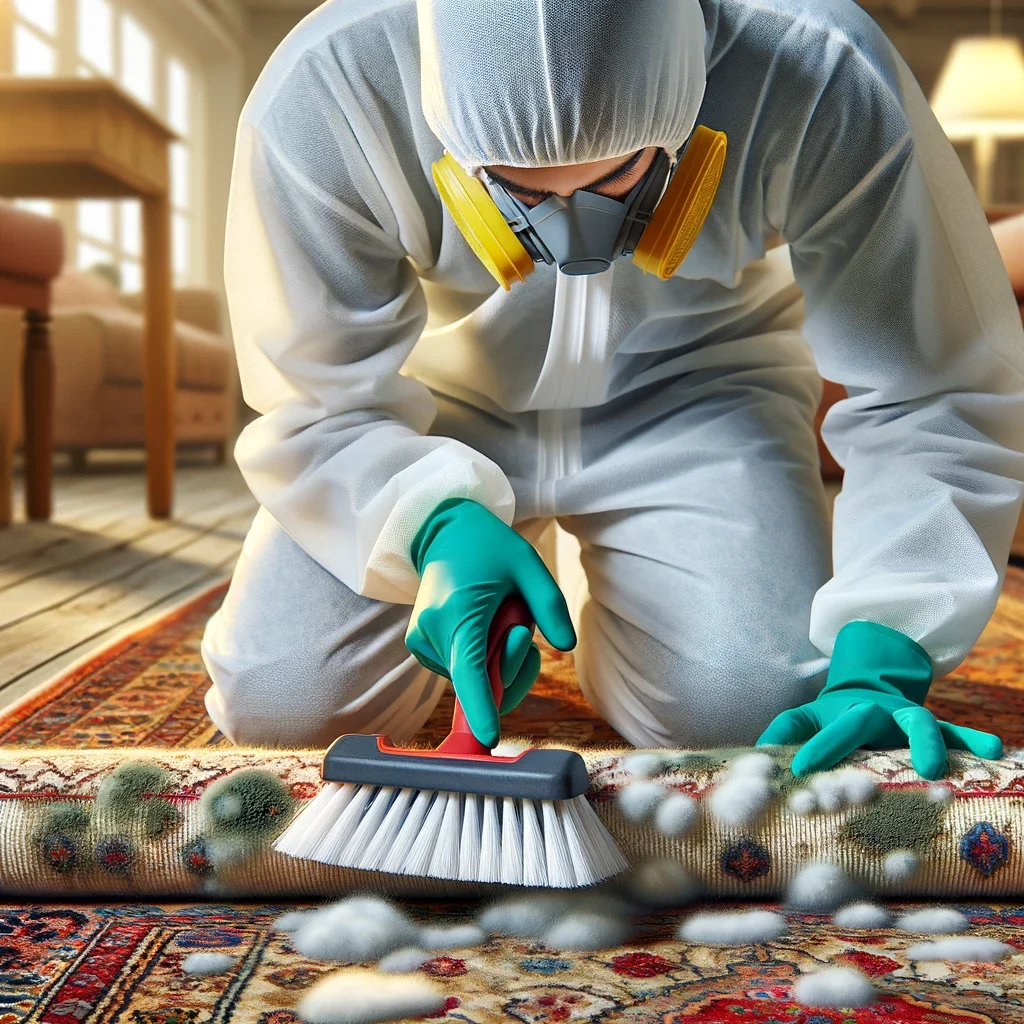
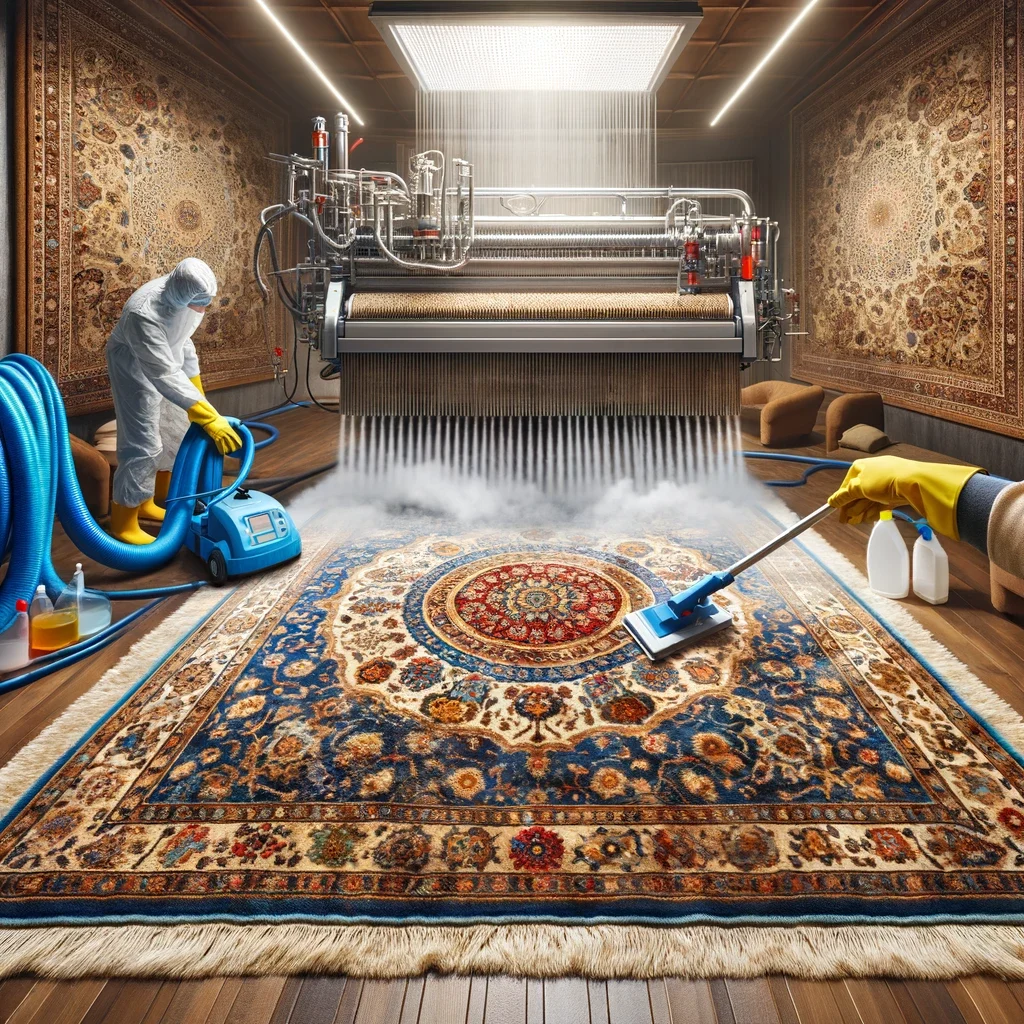
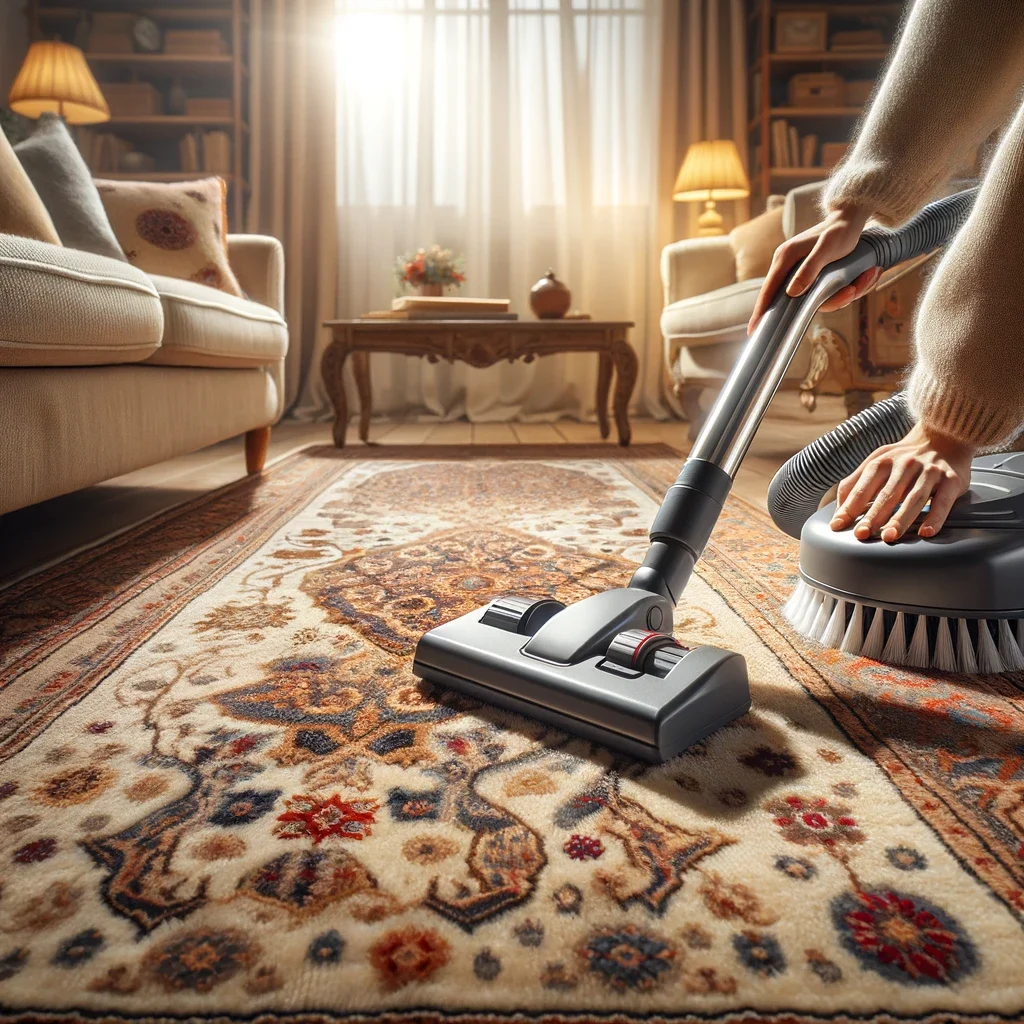
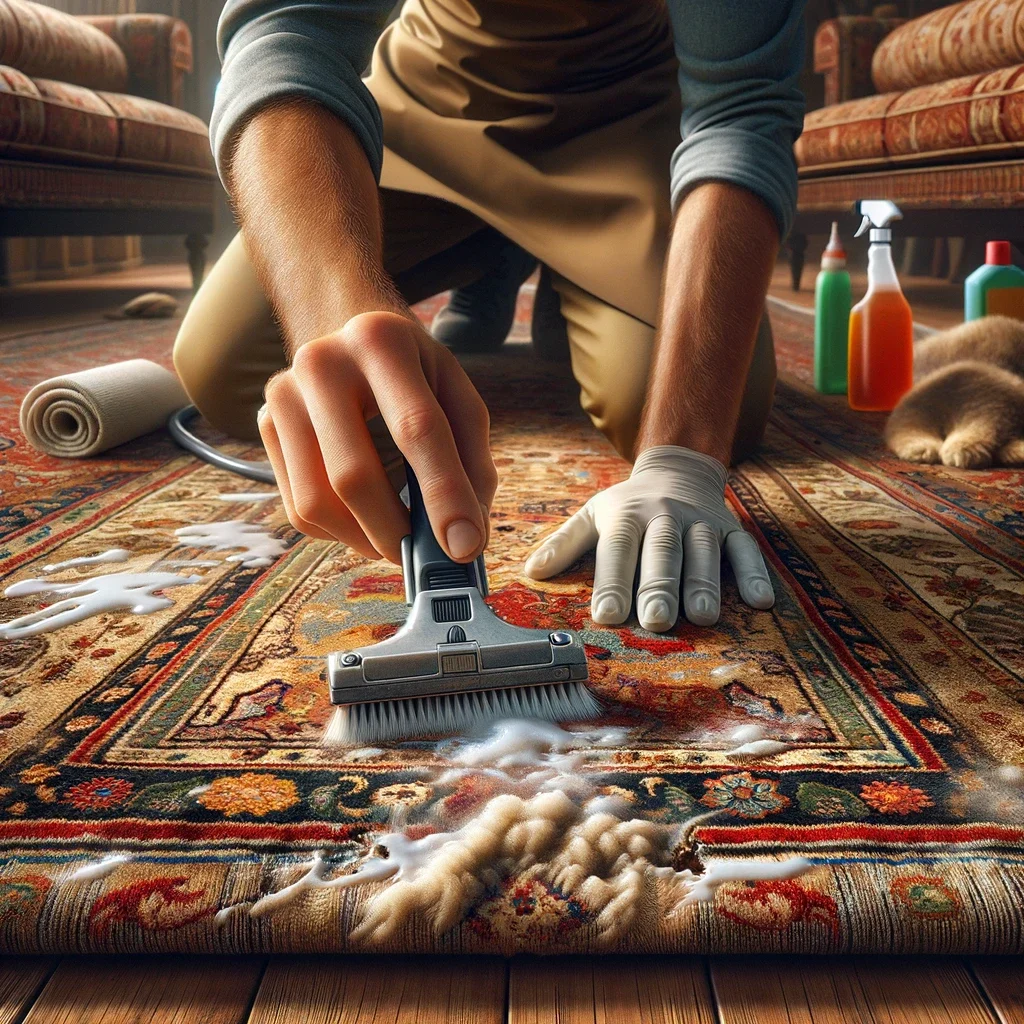
Carpet Repair & Restoration Guides
Carpet damage can range from minor issues like small burns or stains to more significant problems such as large tears or widespread wear.
Identifying the type of damage is the first step in determining the most suitable repair method.
Master carpet repair with our guides. Learn about fixing burns, holes, and wear in carpets and rugs, including DIY patch repairs and professional restoration tips.
Frequently Asked Questions
Carpet fitting costs can vary, but typically range from £2 to £10 per square meter, depending on factors like carpet type and professional installation.
The duration of carpet fitting depends on the size and complexity of the area. A professional team can typically complete a standard room installation in a few hours.
Yes, Oriental rugs can be resized by professional rug repair specialists.
The size of an Oriental rug in a room should complement the room's dimensions, leaving a border of exposed flooring around the edges.
Position an Oriental rug in a room to define a seating or dining area, ensuring it's centred and adequately anchored.
While not mandatory, using a rug pad under an Oriental rug can help prevent slipping, protect your flooring, and add cushioning.
Oriental carpets are often referred to as "traditional" or "handwoven" carpets in contemporary terms
Place an Oriental rug with the pile facing upward, ensuring it lies flat and secure on the floor.
To roll an Oriental carpet for storage or transport, roll it pile-side in and secure it with straps or ties.
Yes, you can place an Oriental rug over existing carpeting for added style and comfort.






